If you’ve been advised you will need a hysteroscopy, this simple guide from Dr Tania Adib provides the sort of useful information about the procedure that you may be seeking.
Reasons a hysteroscopy may be required
Very often doctors recommend hysteroscopies to investigate problems such as unusual bleeding from the vagina or heavy periods, any postmenopausal bleeding, continual miscarriages, or pelvic pains. A hysteroscopy helps with diagnosing things like fibroids or polyps and is also used to treat these conditions.
What does a hysteroscopy entail?
This procedure is carried out to allow your consultancy team to examine the inside of your womb, using a hysteroscope. The hysteroscope is like a compact telescope and has a camera at the end of it which is used to transmit images back to your medical team. There is no requirement for surgery with this procedure, as the hysteroscope enters the body by way of the vagina and passes through the cervix and into the uterus.
Hysteroscopies are fairly quick and simple procedures which are often conducted on a day-care or outpatient basis. So, you won’t usually need to worry about any requirement for an overnight hospital stay. You won’t normally need anaesthetic for this procedure, although it’s a good idea to take painkillers about one hour beforehand, in order to reduce levels of discomfort during and after the hysteroscopy.
General anaesthetic may be required if you’re having a hysteroscopy for the removal of fibroids.
After your hysteroscopy procedure
Once your hysteroscopy is complete you can usually go home, although you may have to stay for a few hours at the hospital if you did have general anaesthetic. Your nurse or medical consultant will discuss any findings from the procedure prior to leaving hospital, although you will need to wait some weeks before getting the results back of any tests or biopsy.
If general anaesthetic was used during your hysteroscopy it’s a good idea to take it easy for the next 24 – 48 hours. Where anaesthetic was not used, you can typically carry on with all day-to-day activities from the moment you leave the hospital.
Dr Tania Adib offers private consultancies and treatments from her London clinic. If you have any worries about hysteroscopy or other gynaecological or menopausal conditions and would appreciate support from a specialist consultant then please don’t hesitate to get in touch.

